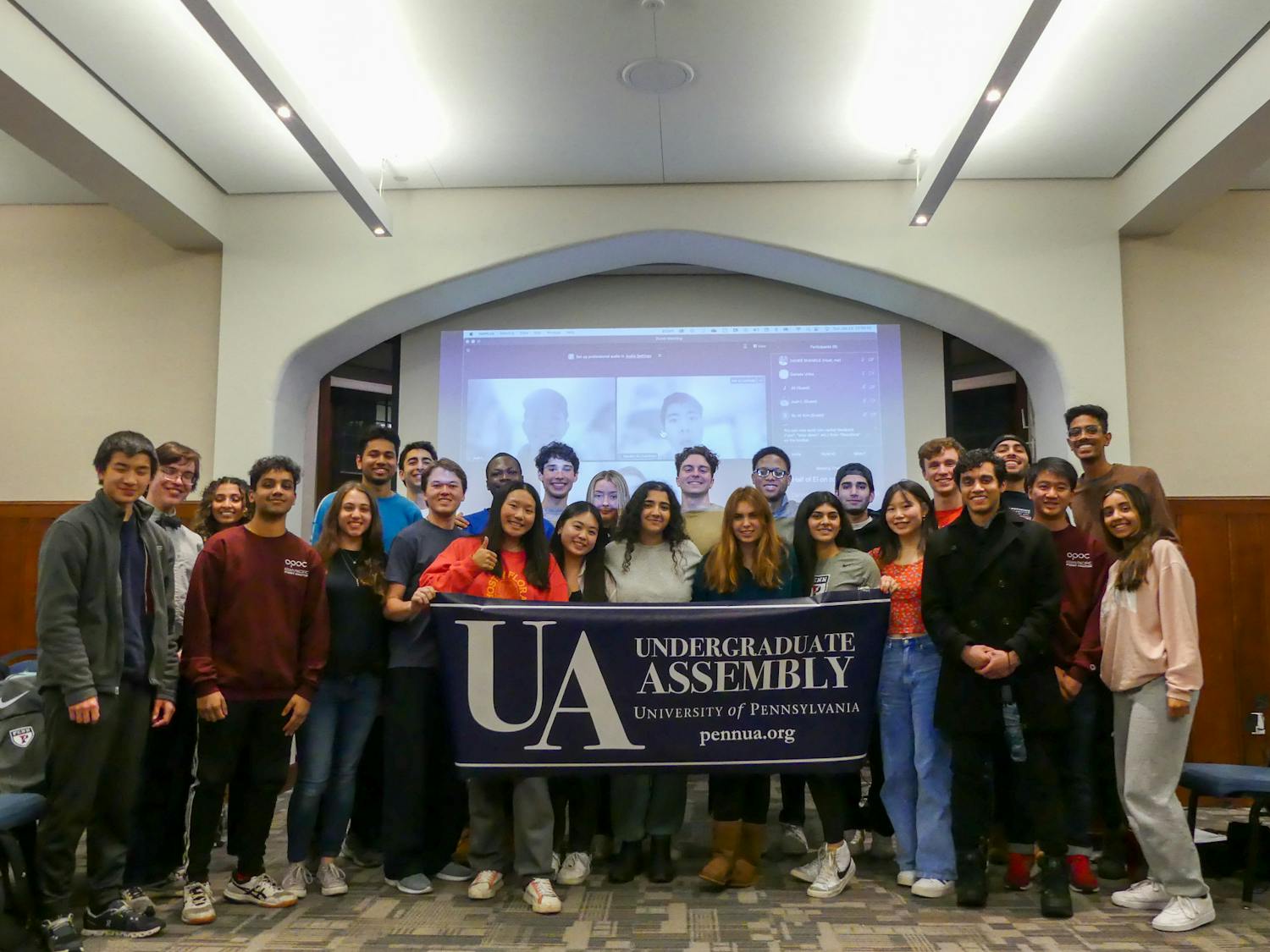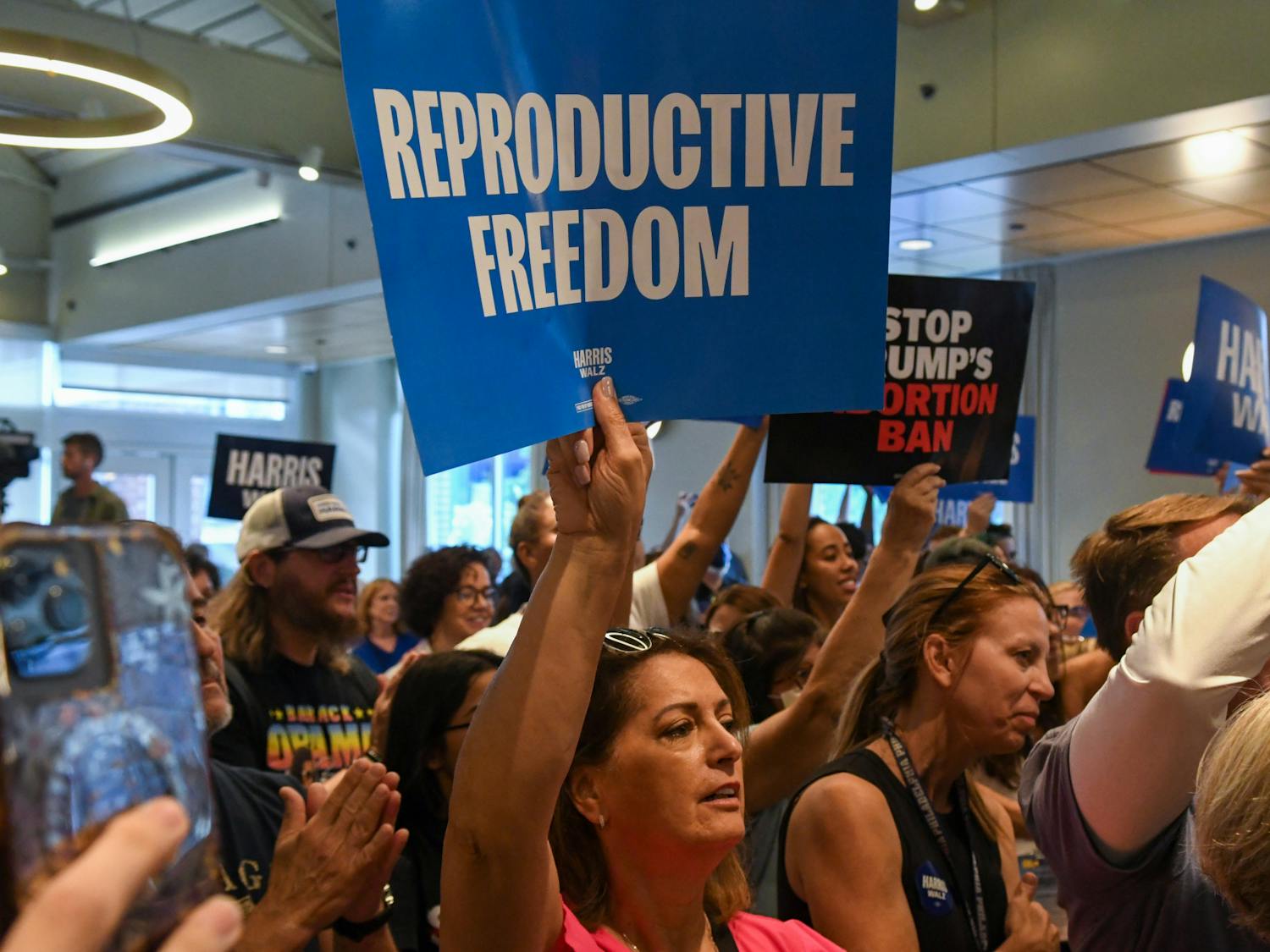Please don't pick me.
The judge said, "Raise your card if you would be uncomfortable finding for the death penalty."
My card flew high up like a wild bird set free.
Fifty-four out of the 60 of us had come out as uncomfortable with death, and we chirped and chattered as we celebrated our escape; we would not be serving on the 14-day jury trial. But as we descended to the first floor of the outwardly pink criminal justice center, we realized that it was still early in the day, and that we could still be chosen. My Big Fat Greek Wedding played on the screen in the jury selection room, but nobody watched, even when Nia's father used Windex to remove zits.
And that's when they called my name again.
"Ms. Nagelberg, why did you indicate that you would be more likely to believe a police officer just because he is a police officer? Do you know that as a juror, you must judge the honesty of each witness only by testimony? Do you understand the law?"
I was called out of my reverie.
"Yes, Your Honor. I understand the law."
"So you can set aside your prejudice?"
"Yes, Your Honor," I agreed sadly.
The next question, posed to all of us, sealed my fate.
"For whom among you would jury duty be an impossible hardship?"
The judge looked pleased with the guilt-laden way he had phrased the question. Nonetheless, most cards went up. My hand, however, remained on my lap. A conscience is truly a burden. I was chosen as an alternate juror.
The defendant bowed and said hello to the jury, but that would be the last time he'd speak to us.
And yet, of course, we were all there because of him. I would turn to him throughout the trial, but he just kept on with his pen and paper, and when he did look up, his face was a mask. The defendant does not have to testify. That's in the Fifth Amendment.
The charge was first-degree homicide. There was really no physical evidence. The victim had been shot in front of a bar in West Philly, with maybe 40 people present. Yet no one admitted to seeing the shot that brought the victim to the ground, that turned his body silent even before the ambulance showed up to carry him past the Vet School, past the Quadrangle, to the Hospital of the University of Pennsylvania. The Bible requires two eyewitnesses to sentence a suspect to death in a homicide, and out of 40, there should have been at least two.
In a way, there were. One witness stuck to having seen the defendant with the gun after the shot, but came off as only partially truthful. Three others said they saw elements of the murder, but recanted before trial. Police brutality, said one. Police tampering, suggested another. Furthermore, none of the original testimony had actually described the defendant shooting the victim; rather, it described the defendant merely as holding a gun.
If there was a moment in the trial when I forgot that the air conditioner was blowing directly into my eyes and that I was making far less than minimum wage for my efforts to keep them open, it was when I realized that a person could die surrounded by friends, and have no one to bear witness. What kind of community is that? Someone pulled the trigger. But there was an entire community that forgot one of its members. "And the LORD said unto Cain, "Where is Abel thy brother?' And he said, "I know not: Am I my brother's keeper?'"
I was getting philosophical now. I was ready to indict all the people who were at the bar getting drunk that night, all of the City of Brotherly Love, all of humanity. Maybe that's what jury duty does to you -- it makes you realize the connections between the actions of the individual and the life of a community. One citizen commits a crime, and up to 14 citizens find themselves wearing yellow jury badges and getting the jury discount at the Reading Terminal.
Unfortunately, punishing all human beings and telling them not to ignore their fellow brothers and sisters was not part of my charge as a juror. My decision was about one man's fate alone, and I had some pesky reasonable doubt.
I prepared, resolutely, to take my stand. I can do the 12 Angry Men thing, I thought.
But I never got the chance. I was an alternate juror whose time never came. I dreamed about the shooting, I pondered bullet trajectory and witness credibility, but I went home without ever opening my mouth. The words "Not Guilty" were frozen on my tongue.
I was glad, though, that putting a possible murderer back on the streets wouldn't be my job.
A week after the trial, I received a letter from the judge. The defendant, he told me, was found guilty on all counts. I still don't know how to feel.
Danielle Nagelberg is a junior International Relations major from Philadelphia. Schuylkill Punch appears on Tuesdays.








